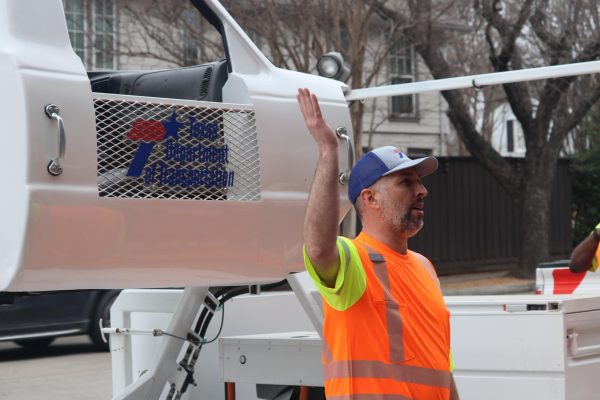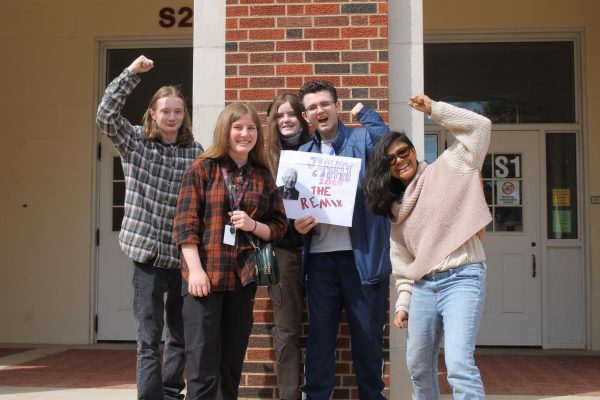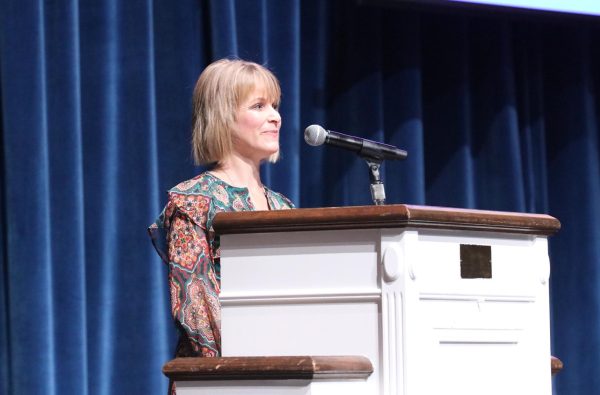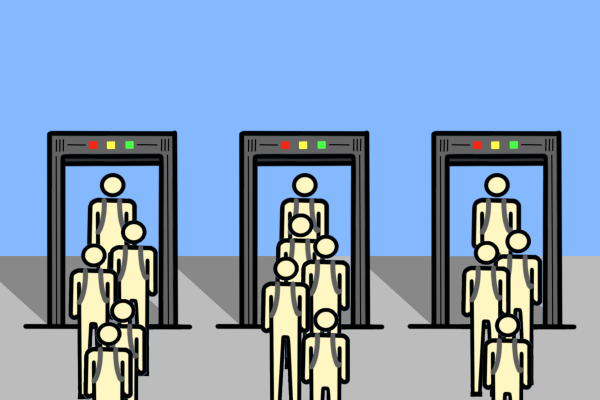Hackers Targeting Schools
After Superintendent Steve Bradshaw received a threatening text message in September, students at other schools in the Montana School District received threatening text messages causing more than 30 schools in the district to be shut down.
“The messages weren’t pleasant messages,” Bradshaw said to CNN. “They were ‘splatter kids’ blood in the hallways,’ and things like that.”
Bradshaw, the superintendent of schools in Columbia Falls, claimed that personal data was stolen from students and possibly staff when a hacking group broke into several of the school’s servers, and that the hackers asked for ransom. The note, sent to a number of Columbia Falls school district members, a hacking group, called “The Dark Overlord,” demanded $150,000 in exchange for deleting the stolen data.
The U.S. Department of Education is now warning K-12 education staff, students, and student’s parents of a hacking threat that is targeting schools. Threats are issued to schools that include threats of violence, shaming, or bullying students unless a large payment is received.
“These attacks are being actively investigated by the FBI, and it is important to note that none of the threats of violence have thus far been judged to be credible,” the department said in an advisory issued in mid-October.
Law enforcement does not believe that these attackers were located outside of the United States, and Bradshaw said that the district is not going to be paying the ransom.
“The Dark Overlord,” a hacking group known for its infamous attempts to hack Netflix and ABC news, is linked to hacking several schools in at least three states. Similarly to what happened in Columbia Falls, they targeted a school district in Iowa by sending threatening text messages to students and parents. So far, it is unclear why The Dark Overlord is targeting schools.
“The attackers are likely targeting districts with weak data security, or well-known vulnerabilities that enable the attackers to gain access to sensitive data. This may be in the form of electronic attacks . . . , malicious software, or . . . through phishing attacks,” the U.S. Department of Education said in an advisory.
According to Mary Kavaney, the chief operating officer of the Global Cyber Alliance, schools don’t have a lot of protection against hacks, and schools contain valuable data such as social security numbers, birth dates, and sometimes even medical and financial information.
In order to protect data, the Department of Education suggested that schools should train the staff and students on practices for data security.












